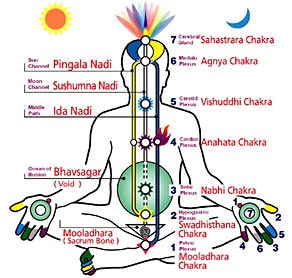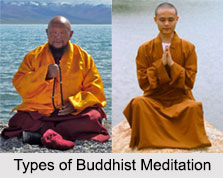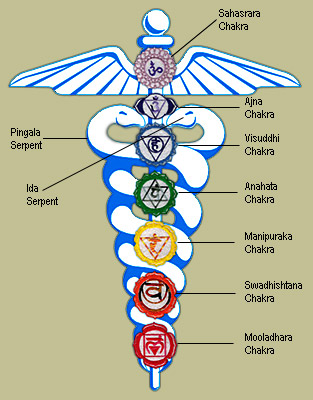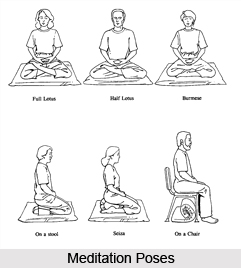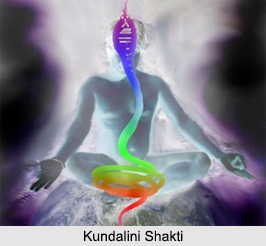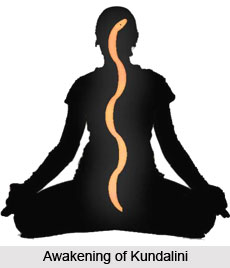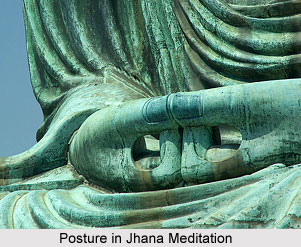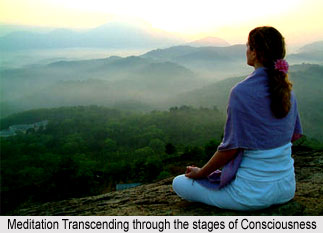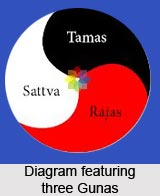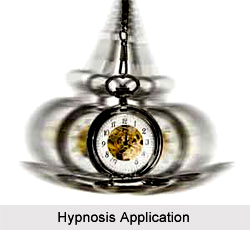 Application of Hypnosis has been quite immense in a number of different areas. It started out being applied to medical practices and has grown significantly over the years to find application in a number of different fields such as dentistry, dermatology, education, sports and forensics. The various different ways in which hypnotism is currently use are briefly discussed below.
Application of Hypnosis has been quite immense in a number of different areas. It started out being applied to medical practices and has grown significantly over the years to find application in a number of different fields such as dentistry, dermatology, education, sports and forensics. The various different ways in which hypnotism is currently use are briefly discussed below.
Hypnotherapy
Hypnotherapy refers to the use of hypnotism for medical and therapeutic purposes. In fact a number of hypnotists refer to their practice as "clinical practice". The licensed physicians or psychologists can practice hypnotherapy or it can be used in stand-alone environment where hypnotherapists can carry on their own business. In the latter case, the major part o the practice is used to help the subjects in cessation of smoking, aid of weight loss etc. The psychologists and psychiatrists use hypnosis mainly for the treatment of dissociative disorders, habit changes, phobias, depression and posttraumatic syndromes. It should be state here that incurable diseases like cancer, diabetes, and arthritis cannot be cured with hypnosis. However, pain and other bodily symptoms related to the diseases can be controlled.
Hypnosis in Medicine and Dentistry
Major clinical application of hypnosis was for the suppression of pain during medical procedures or as a kind of alternative to anaesthesia. A group of patients were hypnotized before surgery and they were reported to have less pain, nausea and anxiety after the surgery than the other patients who were not treated with hypnosis. This was also cost effective for the patients as the cost of treatment was reduced by a fair amount. This procedure was supplemented later by the invention of chemical anaesthetics. The use of hypnosis in dentistry is termed as hypnodontia. Apart from smoothing out dental procedures by the way of generalized anti-anxiety effects, use of hypnodontia can lead to overall patient comfort and make the pain during dental operation bearable and acceptable. It also decreases resistance to future intervention and the post-hypnotic suggestions indicate more rapid recovery.
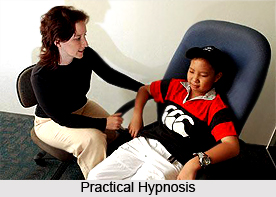 Hypnosis in Education
Hypnosis in Education
The use of Hypnosis is very wide in the field of education for enhancing the power of learning and reducing anxiety. There are three types of suggestions- to enhance confidence, to strengthen focus and interest in work and to increase energy for necessary study. The hypnosis is most widely used in the students who have difficulty in studying.
Hypnosis in Hypnodermatology
This is the term used to denote the application of hypnosis in treating the skin diseases. This discipline falls in between medical dermatology and mental health disciplines. The hypnosis is used to provide relief from some skin conditions and the treatment is based on observations while the severity of the diseases may correlate with the emotional issues. The effectiveness of hypnosis is mostly noticed in warts, eczema, acne, genital and oral herpes, hives, skin allergies, psoriasis, pain and burning sensations and compulsive skin picking and hair pulling. The person who practices hypnodermatology must be well trained in mental health disciplines, hypnosis as well as being aware of the skin problems too.
Hypnosis in Forensic Sciences
The scientific knowledge of hypnosis is applied to legal problems and for forensic sciences. The practice of hypnosis for courtroom testimonies is applicable in a number of countries as long as the stringent criteria and guidelines are met. However, forensic hypnosis is not widely used in many legal systems.
Other Benefits of Hypnosis
Scientists have temporarily created hallucinations, compulsions, and certain types of memory loss, delusions and false memories by hypnosis in the laboratory so that the phenomena can be studied in a controlled environment. Hypnotism has also widely been used in sports, physical therapy and rehabilitation. Hypnotism can also induce lucid dreams.


